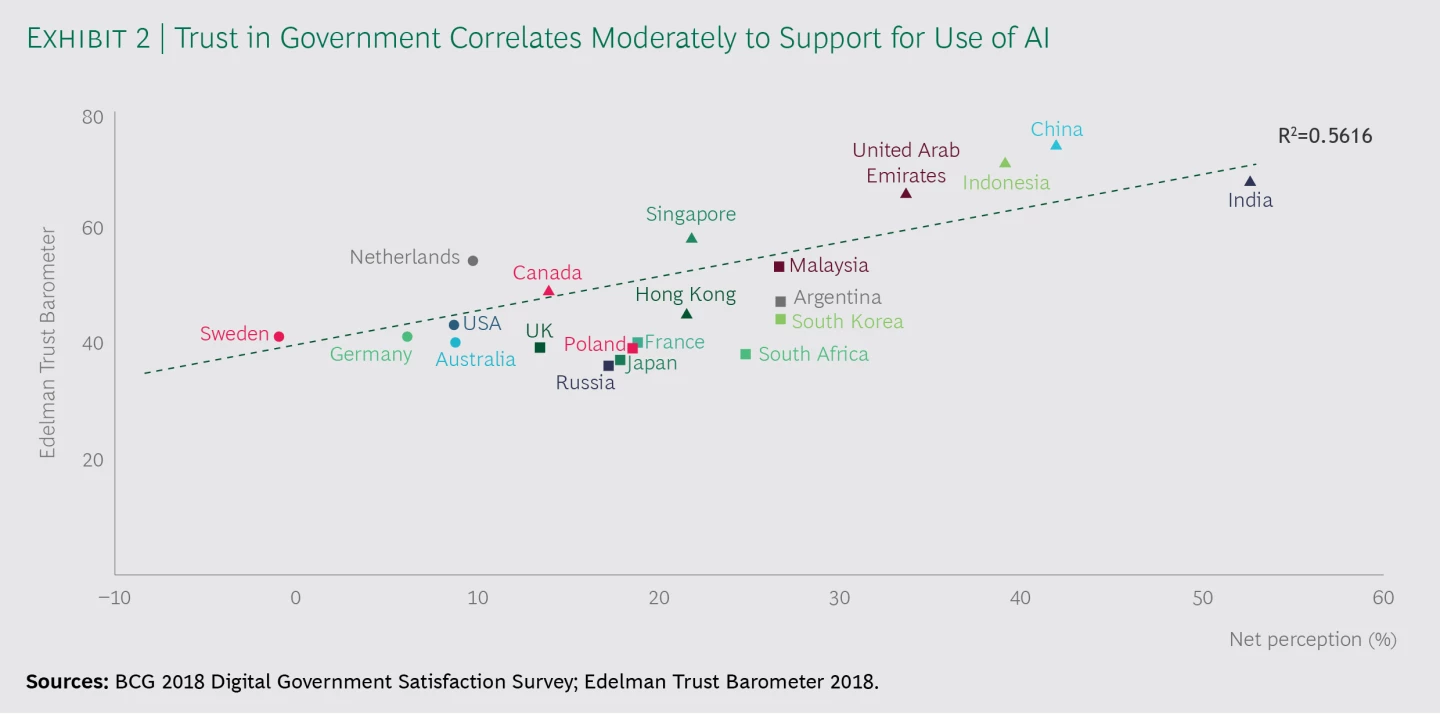Wash trading on nonfungible token (NFT) marketplaces is back in the spotlight after critics claimed the fast-growing NFT marketplace Blur has incentivized the practice with its trading rewards scheme.
10% of Blur’s total token supply was distributed to users based on their trading activity in its second token reward scheme from Feb. 14. The platform has seen a surge in trading volume in comparison to other leading NFT marketplaces.
Skeptics claim that wash trading played a significant role, with CryptoSlam reporting around $577 million worth of NFTs have been wash traded back and forth in recent months and that 80% of trades on the platform are “inorganic.” However, opinions vary.
A new Dune Analytics deep-dive by Hildobby argues that the vast majority of the platform’s trading volume is actually above board due to the way it has structured the rewards. But the analysis is far from a clean bill of health for the sector, with the same methodology suggesting that LooksRare and X2Y2, have 98% and 85%, respectively, of volume currently flagged as suspicious.
NFT marketplaces have accounted for a reported $73.8 billion worth of trading volume to date. However, Dune Analytics data suggests that more than 42% of the volume is fake, with $31.2 billion attributed to wash trading.

















